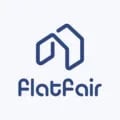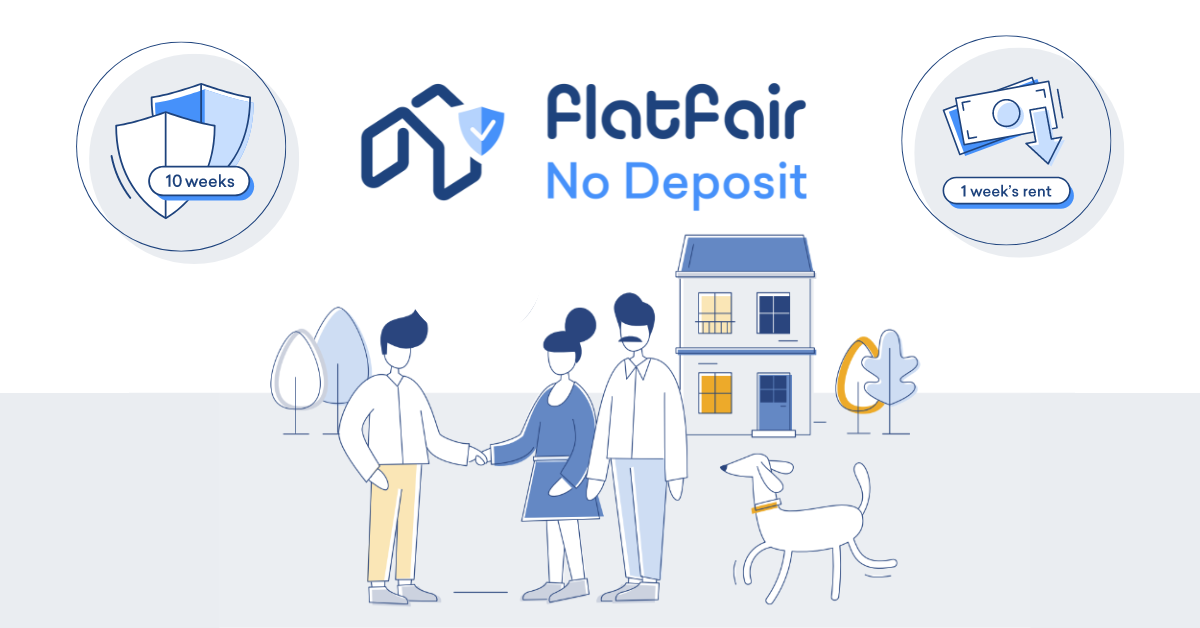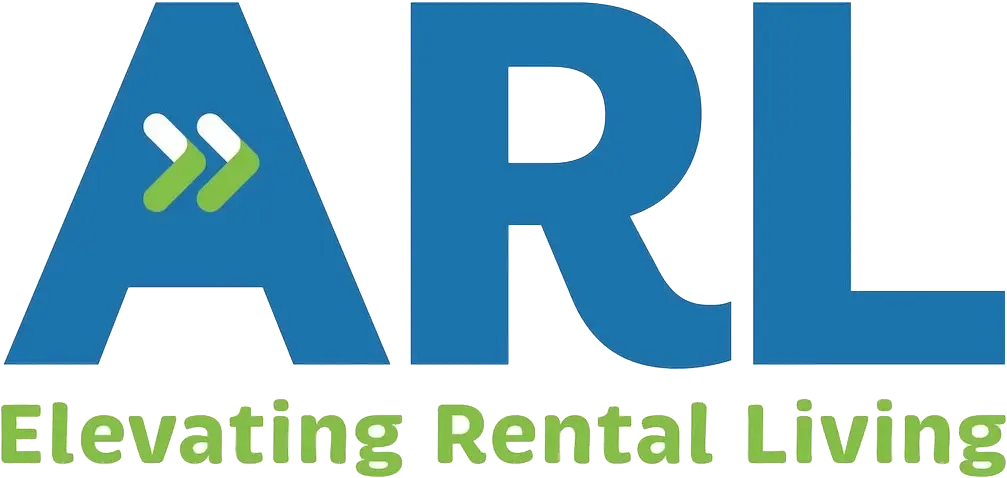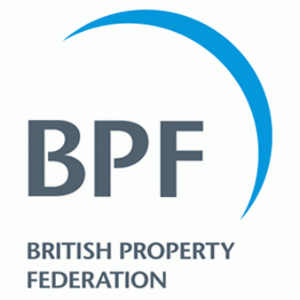When letting a property to new tenants, landlords want to know their property is in safe hands and that you as their agent have sourced the best tenants possible. Therefore, landlords want the highest level of protection available in the market, and you want to attract as many high-quality tenants as possible - well, both can be helped by offering a deposit alternative product.
In a nutshell, deposit alternatives allow tenants to pay a small, one-off fee instead of paying a large upfront deposit - while offering landlords double the protection on their property of up to 10 weeks for damages and/or rent arrears. Deposit alternatives are relatively new to the market but are skyrocketing in demand - with both tenants and landlords. In fact, 56% of tenants chose flatfair No Deposit instead of paying the traditional deposit when offered the two options side by side.
Differentiate yourself from the competition
In a market where new landlords are becoming harder to find, it is important you are offering your landlords more value than your competitors. By offering an alternative to traditional deposits, you are providing landlords with options, showing that you are forward-thinking and have curated a professional suite of services. Moreover, rent arrears are currently at an all-time high, so being able to offer a solution to this will prove crucial to attracting and retaining landlords.
Not only are deposit alternatives completely free for agents and landlords, but you also generate an additional revenue stream with each deposit alternative plan selected by tenants.
Offer more protection to your landlords
Deposit alternatives often provide more protection than traditional deposits. flatfair No Deposit offers of up to 10 weeks for damages and/or rent arrears, which is double the protection offered with a traditional deposit. If charges exceed the 10 week protection limit, flatfair offers a free debt collection service to recover these debts - saving you time, money and effort. With a traditional deposit, on the other hand, landlords must attempt to recover these charges themselves, which can often be a fruitless task. At the end of tenancy, landlords are paid within 10 days of charges being agreed, and often much sooner.
Lower upfront costs for tenants
Deposit alternative products are becoming increasingly popular with tenants. Reasons for this could be more practical such as not wanting to have a significant amount of funds tied up in a deposit, while others are more financial due to needing access to pay another deposit while they wait for their current deposit to be returned. HomeLet reported in May this year that rent prices are 7.9% higher than the same period last year. Which means the average 5 week traditional deposit rose to £1,617. The average flatfair tenant, however, saved £1300 on their upfront move-in costs by choosing No Deposit.
Let your properties faster
By removing the financial barrier of a large upfront deposit, you are reducing any need to delay the move-in process. Properties advertised with flatfair No Deposit typically attract up to 70% more tenants which are also of a higher quality. This removes unwanted void periods for landlords, so they maximise returns on their property.
Interested in learning more about deposit alternative products and how flatfair can help your business? Book a no obligation call today.










